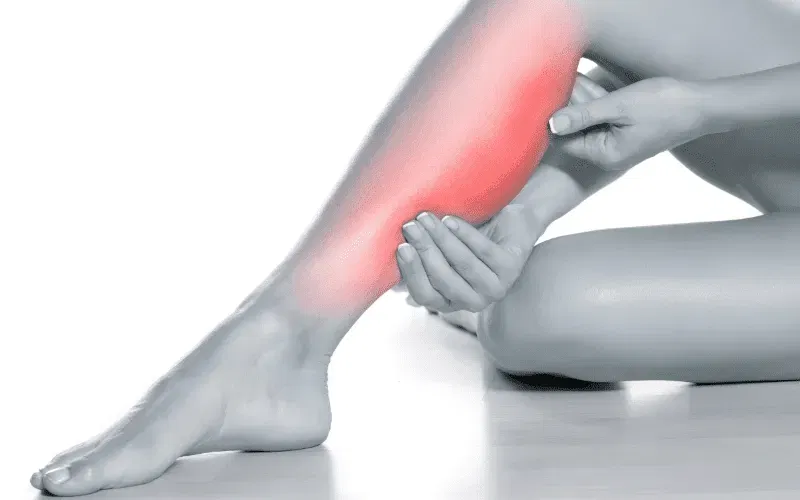


It might seem amazing, but even people in wonderful health—such as athletes—are highly susceptible to night cramps. Intense training, prolonged exercise, or inadequate recovery can leave muscles fatigued and dehydrated. When fluid and electrolytes are depleted through sweating, the chances of cramping grows dramatically. Athletes who push their bodies hard without enough stretching or hydration often seek themselves waking up in the middle of the night with painful calf or foot cramps.
On the opposite end of the spectrum, people who sit or stand for long hours during the day are also at risk. Prolonged inactivity eases circulation in the legs, which can cause muscles to thicken and cramp during rest. Office workers, retail employees, or individuals with jobs requiring them to stand still for long shifts frequently report nighttime cramps. Lack of regular stretching or movement throughout the day only makes the problem worse.

Certain medical conditions can dramatically increase the likelihood of night cramps. People with diabetes, peripheral artery disease, or other circulation problems often undergo cramps due to restricted blood flow.
Neurological disorders that affect how nerves communicate with muscles can also spark spasms. Even thyroid imbalances or chronic kidney disease may play a role, since they can disrupt electrolyte levels in the body. In many of these cases, cramps are not just an isolated issue but a symptom of something larger that requires medical attention.
Finally, medications can make some individuals more sensitive to night cramps. Diuretics, commonly prescribed for high bl00d pressure, increase fluid loss and can produce electrolyte imbalances. Certain cholesterol-lowering drugs, birth control pills, and even asthma medications have also been connected to muscle cramping. If cramps appear after beginning a new medication, it’s important to discuss this with a doctor rather than ignoring the symptom.